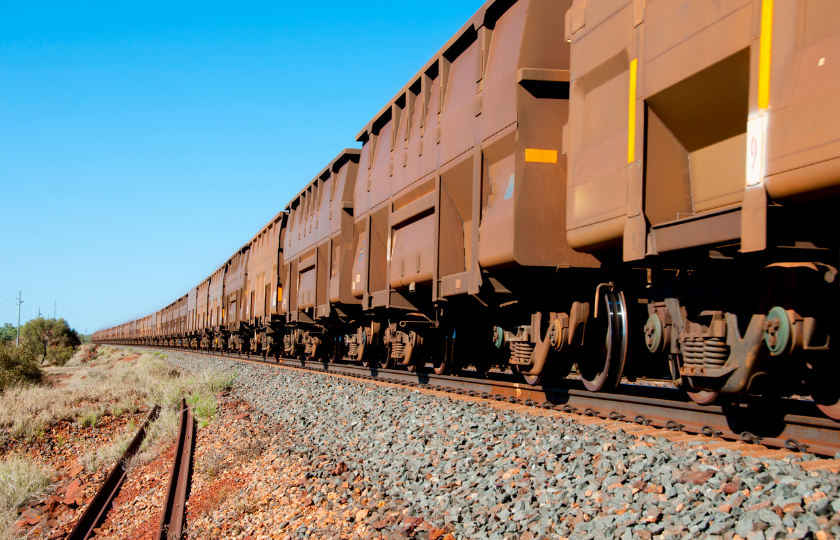Australian iron ore firm, Fortescue Future Industries (FFI), has acquired UK-based battery firm Williams Advanced Engineering (WAE) to develop the world’s first ‘infinity train’ to transport its iron ore.
The Infinity Train will use gravitational energy to fully charge its electric systems without needing to re-charge for the return trip.
The iron and steel sector produce one of the largest amounts of CO2, accounting for 11 per cent of emissions worldwide. A tracking report from the International Energy Agency (IAE) found that steel production’s direct carbon emissions intensity has been the same in the past few years. This metric needs to be lowered by at least 4 per cent yearly from 2020 until 2030 to meet the agency’s net-zero goal by 2050.
Dr Andrew Forrest, founder and chairman, FFI, said that the infinity train would help accelerate the company’s race to reach net-zero emissions by 2030, lower operating costs, and create more efficient maintenance.
“The infinity train will join Fortescue’s green fleet under development and will contribute to Fortescue becoming a major player in the growing global market for green industrial transport equipment, providing great value for our shareholders,” explained Dr Forrest.
He added that the innovation would change the world’s transportation system – lowering operating costs, cutting the cost of diesel, and eliminating carbon emissions.
“To move business leaders and politicians globally to the realisation that fossil fuel is just one source of energy and there are others now – like gravitational energy – rapidly emerging, which are more efficient, lower cost and green. The world must, and clearly can move on from its highly polluting, deadly if not stopped epoch of fossil fuel.”
The research and development costs for the gravity-powered train are expected to reach around $68.4 million over the next two years. The technology is said to help reduce emissions in the heavy industry sector and the opportunity to commercialise worldwide.
Fortescue aims to be diesel-free by 2030.



